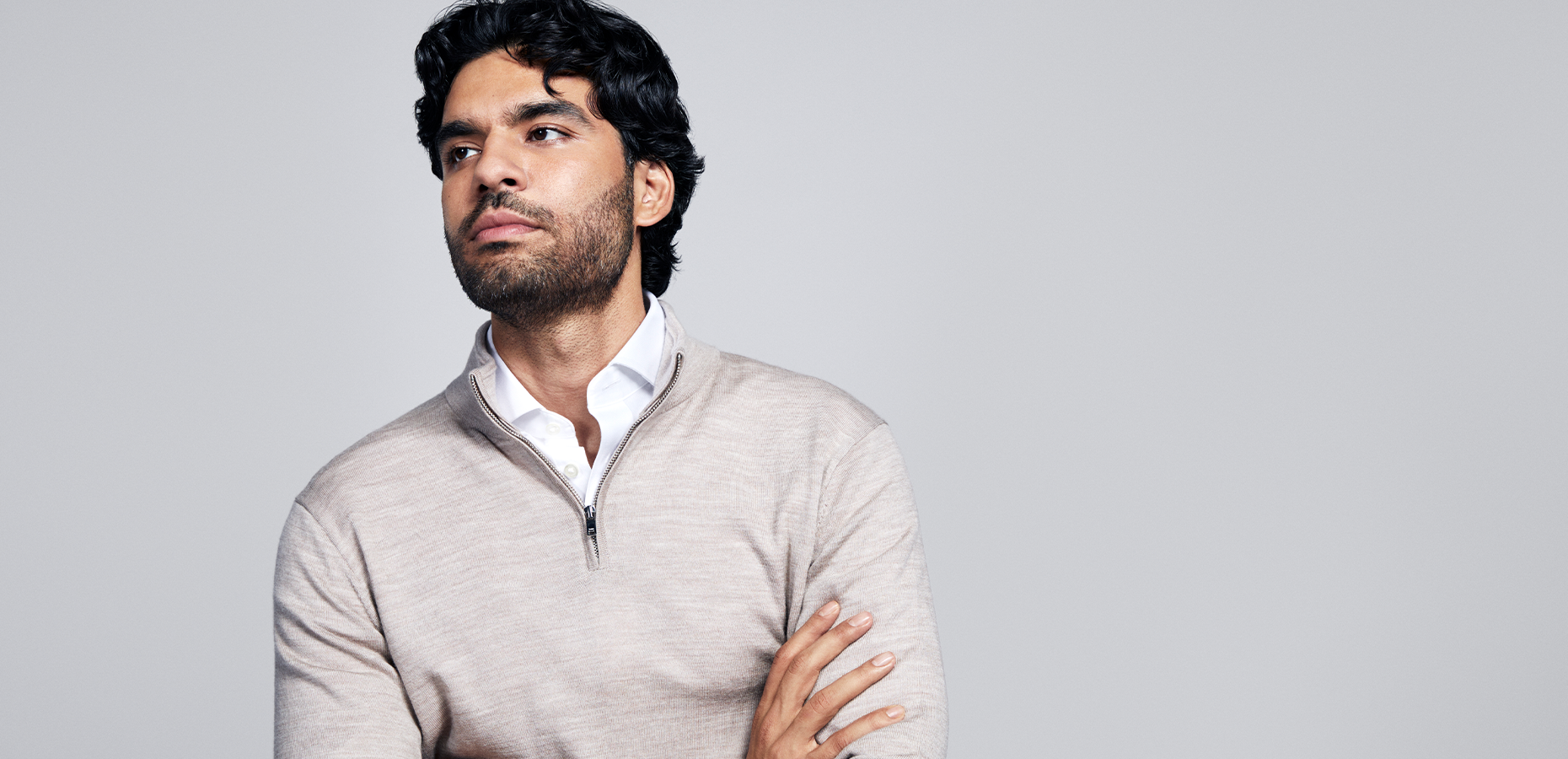
Overview
Siraj brings a diverse viewpoint, having invested in and advised market-defining companies across enterprise, consumer, and deep tech. Before joining SoftBank in 2018, he helped start a fund that invested in SoFi, Hotel Tonight, and Airbnb. He also spent time investing in technology businesses at Warburg Pincus. He began his career at the Boston Consulting Group and received his BS from the Wharton School at the University of Pennsylvania.
Region
Q&A
02 —
Why did you join SoftBank Investment Advisers (SBIA)? What sets it apart from other VC firms?
The Vision Fund is global, long-term-oriented, and strives to back founders that want to change society for the better. We were one of the first firms to understand that the best-performing companies would be distributed all over the world. When you are thinking on a timescale of 20 or 30 years or more, you can build theses about companies that would be difficult to support with a shorter-term perspective.
For example, autonomous vehicle and assisted driving companies can be among the most impactful in the world over the next few decades by enabling labor-free, safe transportation. Why should car accidents be the leading cause of death of young people?
02 —
What sectors do you focus on?
I’m a generalist that tries to keep an open mind. Most of my work at SoftBank has centered around three areas. The first is enterprise software, which has revolutionized business down to the basic definition of what a company is. Historically, companies were primarily thought of as collections of people working towards the same goal. More and more, they are also collections of code, because their operations are all encoded in software. Enterprise software companies make the building blocks for that code.
My second area of interest is frontier applications of AI, using the technology to address really hard problems, such as the transportation of goods and people. It’s hard to not think there will be at least a few enormous advancements due to AI, similar to what Copilot did for coding.
Third, I’m very interested in any consumer applications that are tied to fundamental and long-lasting shifts in consumer behavior.
I look for founders who are independent thinkers, who are passionate, detail-oriented, and unconventional. There’s a high level of tenacity that’s needed to succeed in building an enduring business.
02 —
Are there any personal principles or philosophies you’ve developed throughout the course of your career that tend to guide how you work today?
I believe preparation and hard work are remarkably undervalued in investing. It’s intuitive that these things are important, but there is still too much of a reliance on pattern matching and backward-looking analysis, driving a high level of herd mentality. Oftentimes, we’re in the game of identifying value that doesn’t fit into the well-known trends and finding the best entrepreneurs to create that value.
I believe that to accomplish important things, the team has to come first. An energetic and cohesive team culture pays dividends over the long term.
02 —
What sort of impact do you hope to have in your career?
I hope to be the person that can be there for founders in the trenches, in those really uncertain moments that are often pivotal for companies. Founders and their teams clearly operate and run their companies, but if I can be the person they rely on for advice when it’s time to make a key, irreversible decision, I’m happy with the job I’ve done.
I firmly believe that tech can be one of the largest forces for economic prosperity in the world. I want to play a role in driving innovation to the places that can benefit the most.
02 —
What’s something people would be interested to know about you?
I’m a huge fan of competitive chess as a spectator sport. It’s a fascinating case in which computers have far surpassed humans in skill, yet the game is as competitive and exciting as ever, particularly in faster time controls. Everyone has similar access to the “right” moves due to computer engines, at least from the opening, but there are still ways to do unexpected “human” things to make you win. The game is still played on the board.